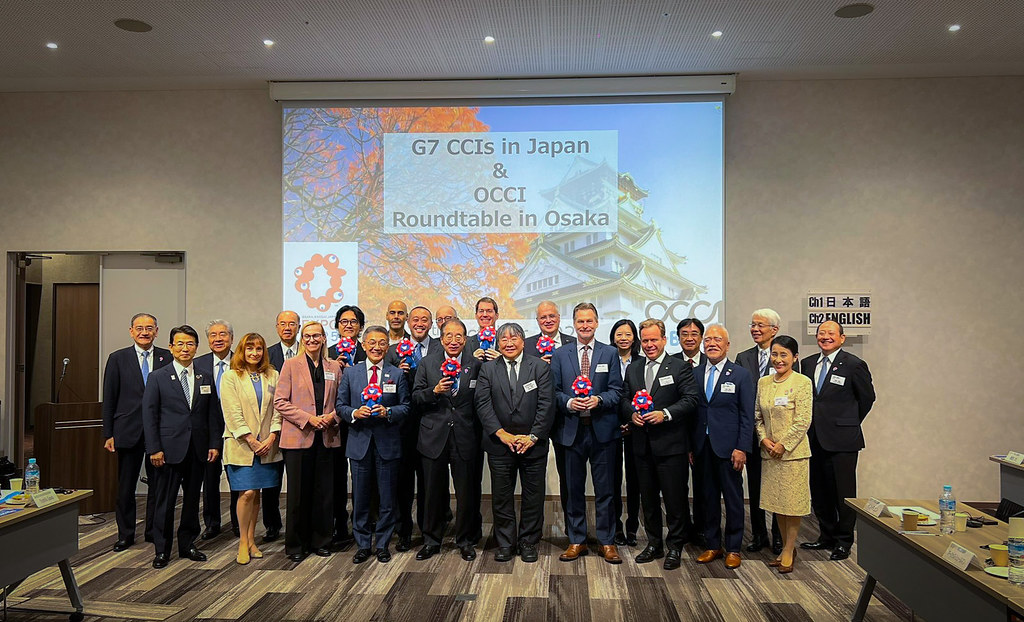Member? Please login
Law and Rule Changes | Crypto Currency, Tax and Spouse Exemption

Written by Sterling Content
December 8, 2017
Community and Business, Partner News
CRYPTO CURRENCY ACCOUNTING
The ASBJ (Accounting Standards Board of Japan) has been considering the treatment of accounting for cryptocurrencies among the operators and the users of cryptocurrency exchanges. This deliberation has been based on the smooth operations of audit system on financial statements for those operators and possibility that accounting might treat such cryptocurrencies in arbitrary ways due to the fact that no clear accounting treatments have been set out.The board announced that new accounting treatments for cryptocurrencies would be released in November.
Here are the minimal items the board preferentially proposed and considered in order to develop the new accounting treatments clearly:
New Accounting Treatments Required for Users
Once users join a cryptocurrency exchange, they must take on the price fluctuation risks on the cryptocurrencies until they are sold or settled.
In order to reflect such risks in their financial records, clearing the accounting treatments for valuation on the reporting date will be necessary.
New Accounting Rules Required for Operators
1. Valuation on cryptocurrencies at the reporting date.
2. Accounting treatments on cryptocurrencies deposited from customers.
3. Disclosures of gain or loss recognized from revaluations in their income statement.
________________________________________________________________________________________________
TAX

In Japanese law, regarding the implementation of Transfer Pricing Documentation based on the action of OECD’s Base Erosion and Profit Shifting (BEPS) Project, an ultimate parent entity (a constituent entity in an enterprise group which does not have its parent company in the group) with a consolidated revenue of 100 billion yen or more in a preceding fiscal year must submit a Country by Country Reporting (CbCR) and a Master File to the national tax authorities.
Under this law, a notification to make a breakdown of consolidated revenues clear was recently established. The notification indicates that a consolidated revenue should include all revenues such as not only net sales but also miscellaneous incomes, gain on sales of securities, gain on sales of fixed assets, etc., which appear on the consolidated profit and loss statement as profit. Close attention should be taken when calculating consolidated revenues since it appears to have been believed that the consolidated revenue consists only of the consolidated sales amount of the group.
________________________________________________________________________________________________
LABOUR MANAGEMENT
(Amendments to Spouse Exemption and Special Spouse Exemption)
Outline of amendments
(1) Spouse Exemption — Spouse Exemption is only applicable to tax payers whose annual income is 10,000,000 JPY or less (*1). *1: Annual salary of 12,200,000 JPY or less for employment income.
(2) Special Spouse Exemption — There is no change to the system that the deduction amount gradually decreases in proportion to the spouse’s annual income (the upper limit is increased to 1,230,000 JPY or less (*2)), but the deduction amount is also affected by the tax payer’s annual income. *2: Annual salary of 1,500,000 JPY or less for employment income.
Timing of implementation
The amendments will be applied to income tax for 2018 or after, and individual inhabitant tax for 2019 or after.
Impact of amendments
The impact of amendments varies depending on the annual salary of both the spouse and the tax payer.
For example, if a tax payer has employment income only;
・Income tax will increase if the spouse’s annual salary is 1,030,000 JPY or less and the tax payer’s annual salary exceeds 11,200,000 JPY.
・Income tax will decrease if the spouse’s annual salary exceeds 1,410,000 JPY but is less than 2,016,000 JPY and the tax payer’s annual salary is 12,200,000 JPY or less.







